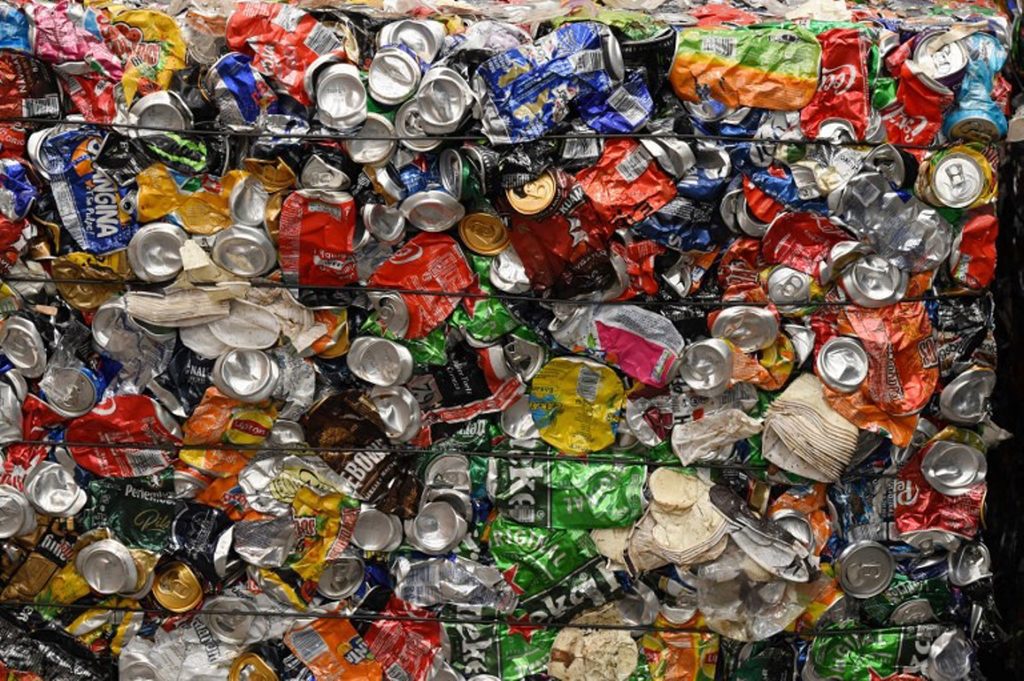All three regions in Belgium have now agreed to introduce a system for deposits on cans and plastic bottles from 2025, but the proposed system is facing heavy criticism.
Belgium historically produces more household waste than the EU average, and the collection rate of plastic bottles is far below the legally required target as stated in the Packaging Waste Regulation. This dictates that EU countries must introduce a deposit system for plastic cans and bottles by 2029 unless they can collect 90% of these types of packaging by 2026 and 2027.
Efforts are being made in all Belgian regions to set up such a system, as the country will not reach the target in the coming years (currently, just 68% of this waste is separately collected). Flanders, Brussels and Wallonia all want to introduce deposits on cans and plastic bottles from 2025 to reduce litter.
While Wallonia and Brussels favour a traditional deposit system with collection at points of sale (similar to the glass bottle deposit scheme already in place), the Flemish government is testing an alternative system with an app this year. However, the first tests of this digital system have already led to serious doubts among the public.
'Not bearing the burden'
A letter was sent to ministers of the three regions by the Deposit Alliance (Statie Geld Alliantie) and the mayors of 55 Belgian cities and towns, including Anderlecht and Jette. They welcomed the fact that a well-functioning deposit system for plastic bottles and cans is being worked on, but firmly opposed its digitalisation.
"The digital system is not accessible to everyone," said the Deposit Alliance. "Not all our fellow citizens have smartphones, banking apps and internet access."
The mayors and the Alliance feel that the system is not accessible enough and would place too great a burden on local governments – one they refuse to bear. For example, so-called "home scanners" would have to be distributed to citizens without access to these technologies, and municipalities would have to place thousands of additional "blue" public bins for cans and plastic bottles from which they organise bin collection.
"We are worried that the digital deposit system will not have the desired effect on public cleanliness. We are also concerned about possible fraud and invasion of privacy of our fellow citizens," it sounds.
Related News
- Reusable cups now mandatory in Wallonia: Just a token gesture?
- Belgium edges closer to nationwide deposit system for cans and bottles
'Polluter pays' principle
The signatories of the letter say that both bottle and can producers and supermarkets should be responsible for collecting their packaging, and instead advocate an "efficient deposit system, which has proven its worth for years in many countries, including our neighbouring countries: deposit with return by shops."
However, the business community is lobbying against the introduction of a classic deposit system. They do not want to be responsible for taking the plastic bottles and cans and paying deposits to their customers because of extra costs and adjustments.
The Flemish Environment Minister Zuhal Demir has given various business federations until the end of October 2023 to prove digital deposits are technically feasible, effective and accessible, and that they do not pose disproportionate risks of fraud or invasion of privacy. If they fail to provide that evidence, the traditional deposit system will be introduced.

